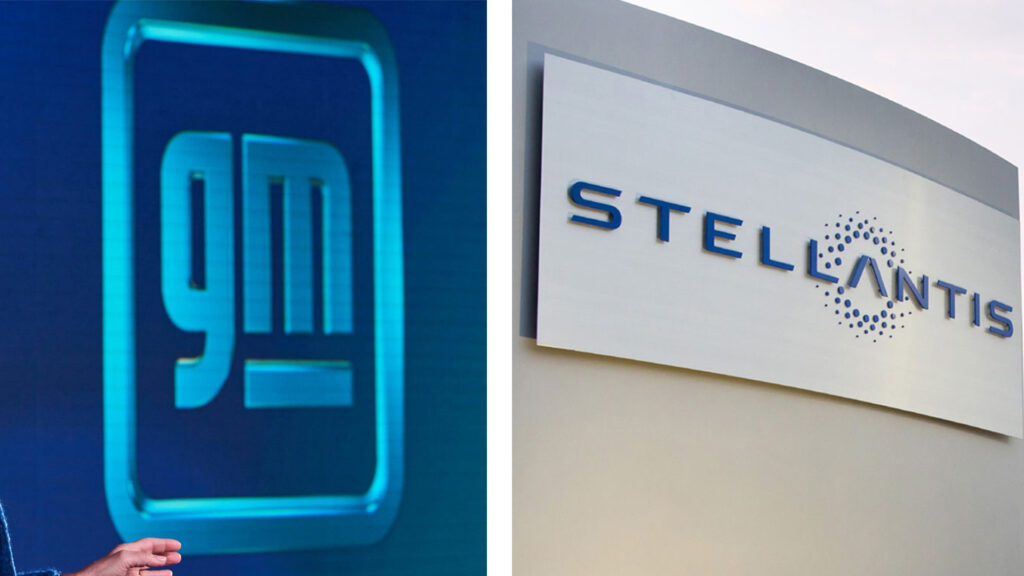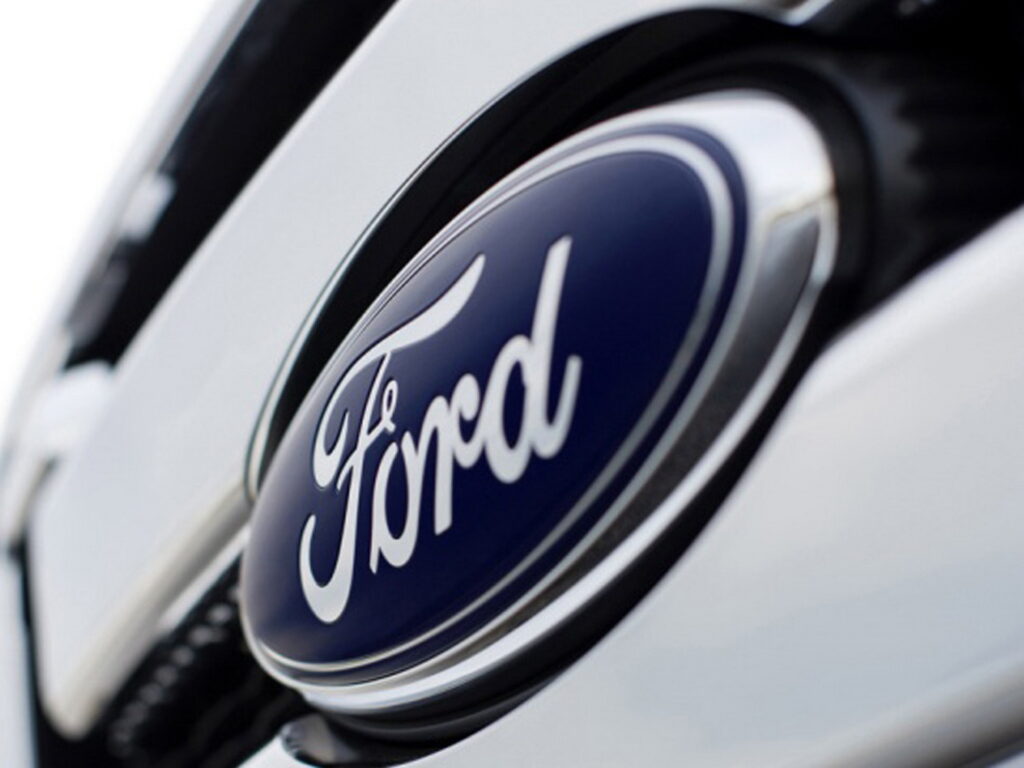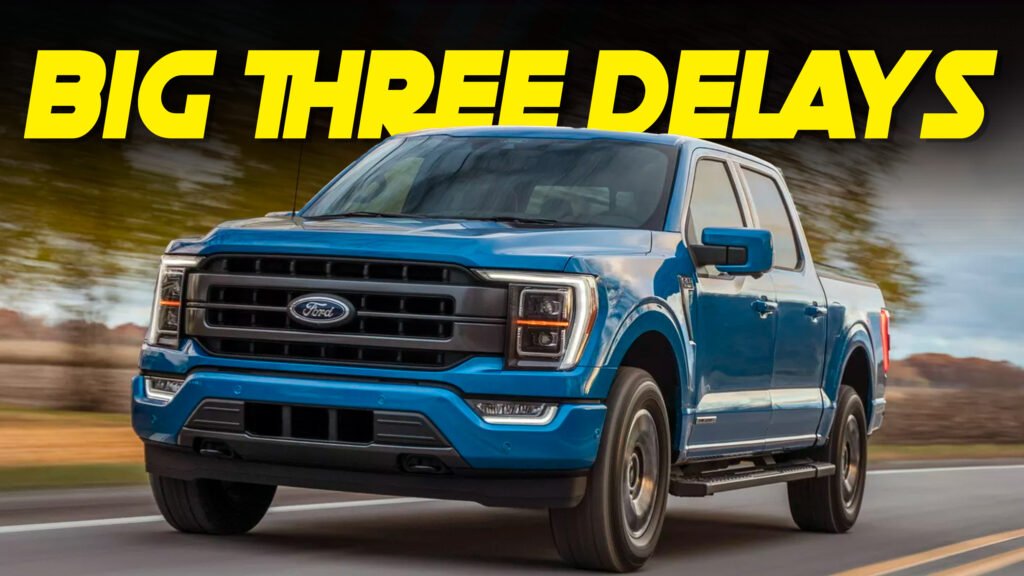- One analyst suspects the industry could see a short-lived resurgence of V8 models.
- Ford, GM, and Stellantis are said to be delaying “a significant number of vehicles.”
- Investments initially penciled in for EV projects are being shifted towards ICE models.
The Detroit Big Three are reportedly delaying a significant number of upcoming models and shifting investments away from EV development toward hybrids and internal combustion engine vehicles. These changes are partly due to slower-than-expected growth in the EV market and policy uncertainty under the Trump administration.
One of the most significant casualties of this shift is the next-generation Ford F-150. Initially slated for a 2027 launch, the updated version of America’s best-selling pickup truck has reportedly been pushed back to April 2028. Although Ford has declined to comment, the F-150 is rumored to be just one of several new models now facing delays.
Read: Next-Gen Ford F-150 Reportedly Delayed Until 2028
On Thursday, Stellantis announced that it is temporarily suspending operations at the Brampton Assembly Plant in Canada as it reevaluates its strategy for the next-generation Jeep Compass, which was originally planned to be produced at the facility in 2026.
Citing confidential information provided by automaker and supplier clients, Sam Fiorani from Auto Forecast Solutions claims Ford, GM, and Stellantis are delaying “a significant number of vehicles.” He did not specify which models are being pushed back, but he noted investment money is being pulled away from EV projects and back into ICE vehicles.
“Money is shifting around, and the next-generation internal combustion engine vehicles have gone back in the plan, while EVs are being delayed across the Detroit Three,” Fiorani told the Detroit Free Press.
“No matter who’s in the White House in four years, the current administration is going to change the emissions regulations going out for the rest of this decade, making it easier to sell internal combustion engine vehicles, and we’ll see more hybrids introduced,” he added. “We may even see a few V8 engine vehicles coming back — a renewed, but short-lived focus on V8s.”

Government Uncertainty
GM has not officially commented on these reports, but a source told the Detroit Free Press that political uncertainty has not yet forced the automaker to alter its plans.
Shortly after Donald Trump took office, the President signed an executive order to scrap the Biden administration’s push for 50% of all new vehicles sold in the US to be electric by 2030. He has frequently referred to this goal as an “EV mandate” and is reportedly considering eliminating subsidies that “favor EVs over other technologies,” including the $7,500 federal EV tax credit.
Additionally, U.S. Secretary of Transportation Sean Duffy has directed the National Highway Traffic Safety Administration to review and potentially revise fuel economy standards to align with the administration’s pro-oil stance, according to the Associated Press.




